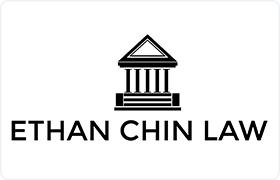Angelus Oaks Bankruptcy & Debt Lawyer, California
Sponsored Law Firm
-
 x
x

Click For More Info:
-
Ethan Chin Law
2400 East Katella Ave. Suite 800 Anaheim, CA 92806» view mapBankruptcy & Debt Passion. Dedication. Care.
We strive our best to provide efficient legal services at low cost so that families can worry less and take their first steps finding a solution to their issues.
800-908-6270
Myron Wayne Tucker
Bankruptcy, Litigation, Personal Injury, Products Liability
Status: In Good Standing
M Wayne Tucker
Consumer Bankruptcy, Commercial Bankruptcy, Dissolution, Personal Injury
Status: In Good Standing
Kathleen Berns Albrektson
Estate Planning, Bankruptcy, Elder Law, Administrative Law, Trusts
Status: In Good Standing Licensed: 35 Years
Betty Auton-Beck
Corporate, Estate Planning, Commercial Bankruptcy, Contract
Status: In Good Standing Licensed: 40 Years
Timothy Bryan Liebaert
Construction, Wills & Probate, Business, Consumer Bankruptcy
Status: In Good Standing
Akindele David Akintimoye
Estate, Divorce & Family Law, Criminal, Bankruptcy, Accident & Injury
Status: In Good Standing Licensed: 21 Years
 Ethan Chin Anaheim, CA
Ethan Chin Anaheim, CA Practice AreasExpertise
Practice AreasExpertise
